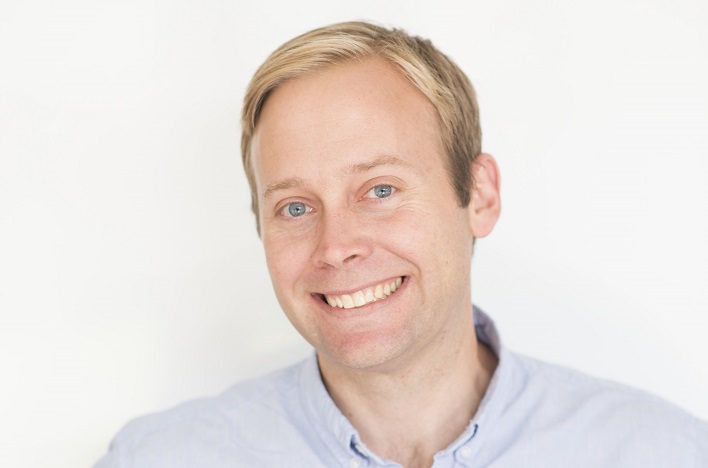ClaimKit’s Chris Cheatham is pursuing a potentially huge opportunity.
A few months ago, Chris Cheatham came across a tempting business opportunity … but at a less-than-optimal moment.
Things were going well for his startup, ClaimKit. Its software solution helps insurance companies, law firms and other clients manage the flood of documents associated with reviews of massive insurance claims. Major names—organizations like Zurich and Liberty Mutual, to name a couple—had signed up as clients.
One day, Cheatham heard from someone in a client’s underwriting department. They loved ClaimKit’s software. In fact, they had started using it for insurance policy reviews—which, compared to claims reviews, tend to happen earlier in the insurance process.
The client wanted to know: Would it be possible to create something like ClaimKit, only specifically for insurance policy reviews?
On the one hand, the idea had enormous potential.
But it made Cheatham a little nervous, too. He and his team were already busy building and scaling ClaimKit. Did they truly have the resources to succeed with two products? What would his investors think? His employees?
Power of Two
Fortunately, for the last several months, Cheatham has been meeting with a mentor: Rod Brenneman, the former president and CEO of poultry giant Butterball. The two were introduced by Power of Two, a new Kansas City-based mentoring program. It’s designed to help smaller ventures that are making less than $1 million in revenue, but are poised to scale up.
Brenneman, who took Butterball from $1.2 billion to $1.7 billion in revenue, served as a sounding board for the new business idea and gave Cheatham advice on managing the pivot. The two of them used Lean Startup methodology to validate the concept.
“He helped me think through the pivot,” Cheatham said. “I basically made the case to him that, ‘Hey, we have this really interesting product. Does this make sense to you?’”
Cheatham and his team are pushing forward with the new solution, which is called RiskGenius. They’ve been able to build it very quickly by using the ClaimKit software code as a foundation, and they’ve already lined up beta testers. (ClaimKit, by the way, is still going strong.)
Cheatham has an advisory board, and he had worked with a few subject-matter experts on topics like sales and marketing. But he didn’t really have someone like Brenneman.
“He’s an operator,” Cheatham said. “He’s very good at getting into details, and that’s what I wanted. He just came along at the right time.”
Identifying and Improving
One of the most important skills they’ve covered is planning. Trained as a construction attorney, Cheatham said he’s strong at keeping himself on task, but he needed advice on managing a team as it undertook sizable projects.
“What I realized is old-fashioned scheduling—like Gantt charts or, in construction, Critical Path Method—that stuff works really well,” Cheatham said. “Because, instead of managing people and trying to figure out what tasks they need to do, you plan out the steps of the project along the way. Put in a timeline, figure out what’s critical and then you can manage projects in microsections.”
Being coached by Brenneman has helped Cheatham solve several challenges in his business. More importantly, it’s strengthened him for whatever comes next with ClaimKit and RiskGenius.
“I think mentorship is not as much fixing stuff as it is identifying and improving the weaknesses that you have,” said Cheatham.
Power of Two Wants You
Power of Two is looking for small, growing companies to take part in its next class. Candidates must run companies with annual gross revenue under $1 million, but be ready to scale up. Learn more at www.twopower.org.


